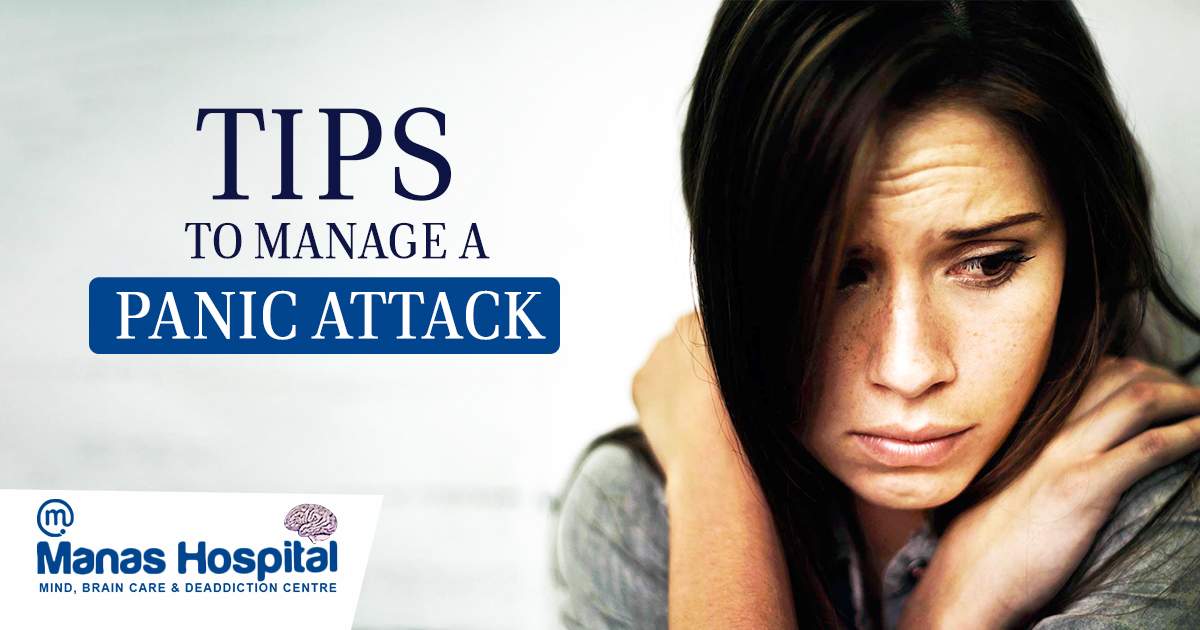
Tips to Manage A panic Attack
People who suffer from social anxiety can have a panic attack in performance or social situations. The panic attack is thought in terms of panic disorder which also be experienced by people with a social anxiety disorder. In this guide, we have mentioned in detail about the panic attack so that you can manage it.
Overview
Anxiety is normal to experience but a panic attack is completely different from it. Anxiety can make the person uncomfortable but a panic attack is kind of dreadful.
Like, the time from when you are going to give the speech till the time you are in front of the audience, you will start to lose your control. The person will have symptoms like: it feels the heart is racing, the hands shake, you feel nauseous, and the mouth gets dry.
Consult our psychiatrist in Ludhiana for effective treatment. The psychiatrist will diagnose your condition and let you know what you need to do.
Underlying causes
To gain control of the panic symptoms, you must understand the physiological reaction which lies underneath it. The first change of events occurs in the brain. The neurotransmitters send signals to the structure of the brain and it affects the process in the body.
In the panic situation, the level of serotonin and neurotransmitters affect the brain structure which plays a major role.
Once the brain gets the signal, the nervous system gets an activation that is responsible for the response of flight or fight. You experience this during the speech. The bloodstream will have adrenaline which results in panic and the body also changes like shortness of breath, sweating, dizziness, and increased heart rate.
Evolutionary origins
The evolutionary purpose of this reaction in the body is to prepare your body to deal with a physical threat. The body gets prepared to fight, run or flee by giving direction to the blood flow to get the important body organs and this also slows down the process of digestion.
In reality, there is no physical threat and the excess energy can affect the entire situation instead of helping you.
How does the panic cycle work?
As you notice the symptoms, the situation can get worse. You are talking in front of the audience and not able to breathe. Anxiety can make you take shallow breaths that leave you to feel dizzy and faint. The symptoms can make you feel vicious and due to anxiety, your body will release adrenaline.
How to manage the problem?
The best way to deal with it by letting the feelings come and go. This way the parasympathetic nervous system will return to its original state when the adrenaline gets absorbed again. It is essential that you learn how to cope up with it and do not these situations affect your condition in the future.






